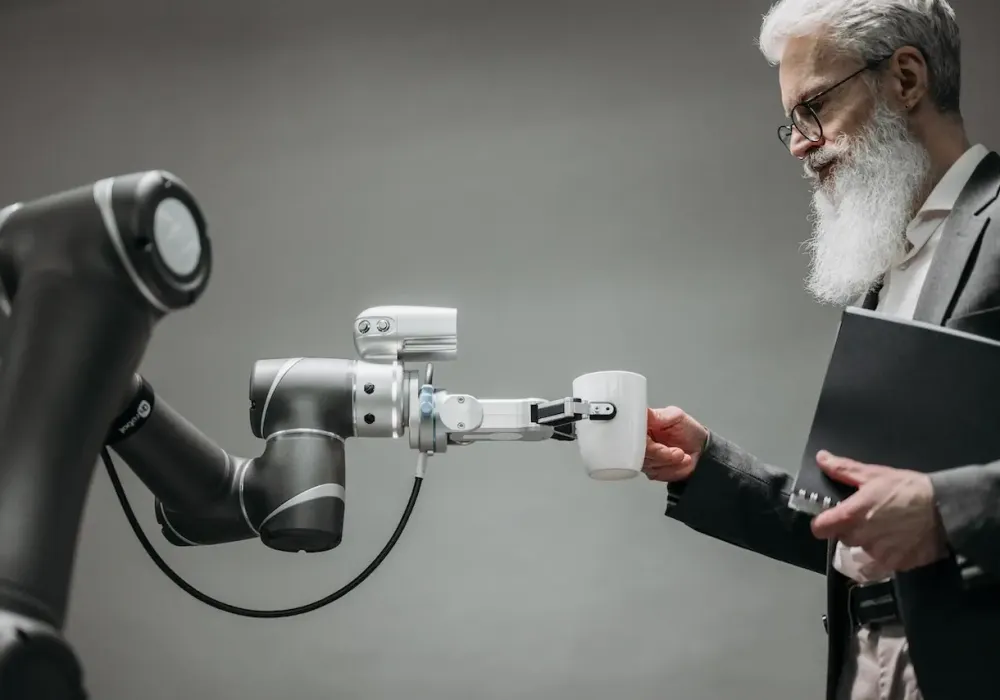The world of work is changing rapidly, and automation is becoming increasingly popular. Companies are looking for ways to streamline their operations and remain competitive, and automation is an essential tool to achieve these goals. However, automation is not just about replacing jobs; it is also about freeing up time for employees to focus on tasks that require human skills and creativity.
Importance of Identifying Manual, Repetitive, and Non-Cognitive Work
Manual, repetitive, and non-cognitive work can be time-consuming and tedious. These tasks are often necessary but can be automated, freeing up time for employees to focus on tasks that require human skills and creativity. Identifying these tasks is essential to improving productivity and employee satisfaction.
Automation can help companies streamline their operations and increase productivity. By automating manual, repetitive, and non-cognitive tasks, employees can focus on tasks that require human skills and creativity, such as problem-solving and decision-making. This can lead to a more engaged and motivated workforce, which can translate into better job performance and higher retention rates.
The Importance of Elevating Employee Skills
Automation is not just about streamlining operations; it is also about elevating employee skills. As automation takes over manual, repetitive, and non-cognitive tasks, employees have the opportunity to focus on tasks that require human skills and creativity. This can lead to a more engaged and motivated workforce, which can translate into better job performance and higher retention rates.
Companies that invest in employee skills development have a competitive advantage. Employees who are continuously learning and developing new skills are more likely to stay engaged and motivated. This can lead to higher productivity, better job performance, and a more innovative workforce.
How Automation Can Help Elevate Employee Skills
Automation can help elevate employee skills in several ways. First, it frees up time for employees to focus on tasks that require human skills and creativity. Second, automation can provide employees with valuable data insights, which can help them make better decisions and improve job performance. Third, automation can help employees develop new skills by providing training and learning opportunities.
For example, automation can help employees develop new skills in data analysis, programming, and project management. By automating manual, repetitive, and non-cognitive tasks, employees have more time to focus on learning new skills and developing their expertise in these areas.
Conclusion
In conclusion, automation is an essential tool for companies looking to streamline their operations and remain competitive. Identifying manual, repetitive, and non-cognitive tasks is critical to improving productivity and employee satisfaction. Automation can help elevate employee skills by freeing up time for employees to focus on tasks that require human skills and creativity, providing valuable data insights, and offering training and learning opportunities. The world of work is evolving, and companies that invest in automation and employee skills development will have a competitive advantage in the future. It's time to embrace automation and help employees elevate their skills to thrive in the digital age.
